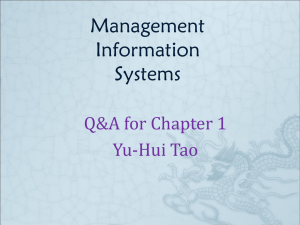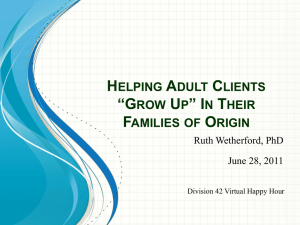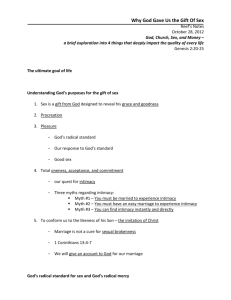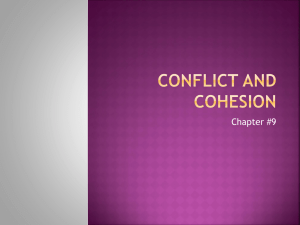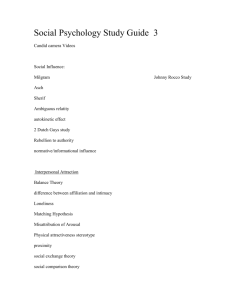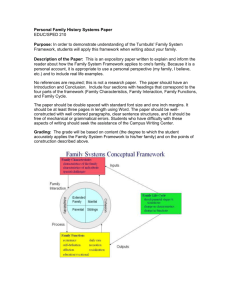Information Systems in Global Business Test
advertisement
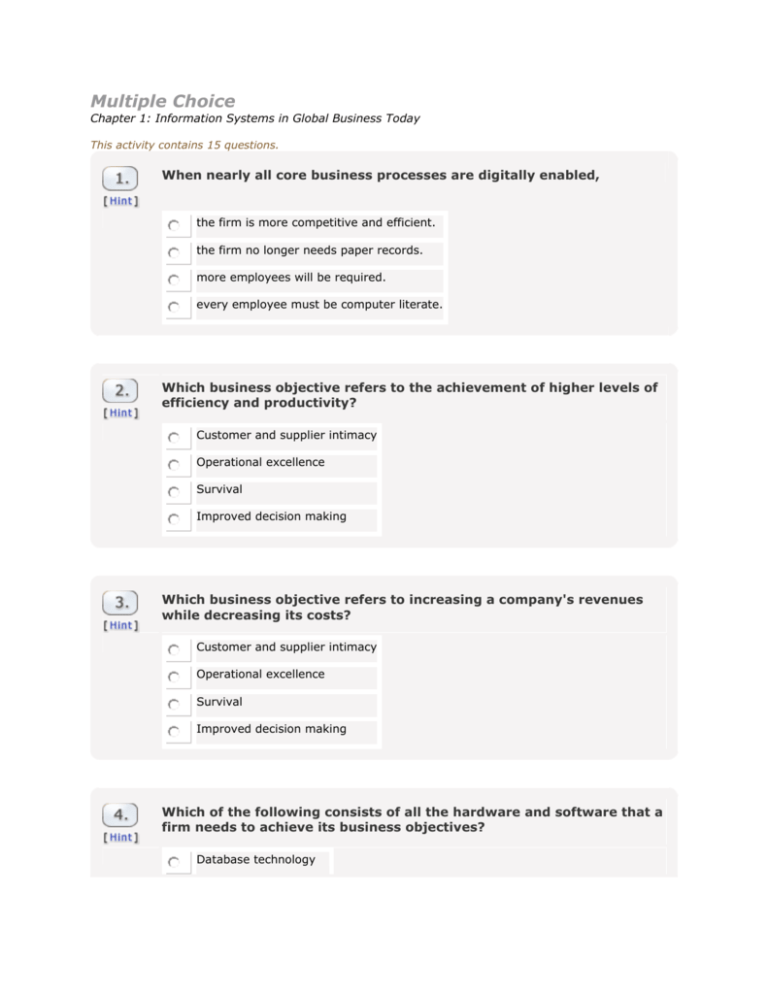
Multiple Choice Chapter 1: Information Systems in Global Business Today This activity contains 15 questions. When nearly all core business processes are digitally enabled, the firm is more competitive and efficient. the firm no longer needs paper records. more employees will be required. every employee must be computer literate. Which business objective refers to the achievement of higher levels of efficiency and productivity? Customer and supplier intimacy Operational excellence Survival Improved decision making Which business objective refers to increasing a company's revenues while decreasing its costs? Customer and supplier intimacy Operational excellence Survival Improved decision making Which of the following consists of all the hardware and software that a firm needs to achieve its business objectives? Database technology Networking technology Storage technology Information technology Data shaped into meaningful form are called a databank. feedback. knowledge. information. Raw facts that have not been organized into a useful form are called information. business objectives. data. information systems. Which activity of an information system converts raw input into a meaningful form? Input Processing Output Feedback Which activity of an information system helps an organization evaluate or correct the input stage? Turnaround Processing Output Feedback Computer literacy focuses primarily on: the ability to do word processing. a knowledge of the software required to do your job. a knowledge of information technology. a knowledge of computer hardware basics. The responsibility for monitoring the daily activities of a business falls to this organizational level: Senior management. Middle management. Operational management. Knowledge workers. The world's largest and most widely used network is the World Wide Web. intranet. extranet. Internet. The linkage of two or more computers together to share data or resources is called a(n): system. network. Protocol. Information technology infrastructure. Which of the following could not be classified a complementary organizational asset required to optimize returns from information technology investments? Distributed decision-making rights. Efficient business processes. The Internet and telecommunications infrastructure. Decentralized authority. The technical approach to information systems includes: only the information system itself. hardware, software, and intra-organizational systems. people, hardware, and software. computer science, management science, and operations research. Which of the following would not be classified as a technical approach to the study of information systems? Computer science Management science Operations research Economics True or False Chapter 1: Information Systems in Global Business Today This activity contains 15 questions. Changes in the business environment such as new accounting laws are spurring the growth of digital information. True False Business processes refer to the streamlining of standard operating procedures in order to eliminate bottlenecks. True False There is a growing interdependence between a firm's ability to use information technology and its ability to implement corporate strategies and achieve corporate goals. True False The more intimacy a business can create with its suppliers, the more it can lower costs. True False Federal and state regulations can force a business to improve its information systems. True False Information is defined as data that has been shaped into a form that is meaningful and useful to human beings. True False Information system input only captures data from inside the business but not from its external environment. True False Members of the organization evaluate and correct inputs through feedback. True False Computer literacy focuses on both people and technology. True False Knowledge workers are engineers or architects who design products or services. True False Each organization has a unique culture. True False The Internet has created a universal technology platform that allows businesses to create new services. True False Intranets and extranets use the same technology platforms as the Internet. True False Complementary assets are those assets required to derive value from a secondary investment. True False It can be said that "all information systems are forms of behavioral systems". True False
